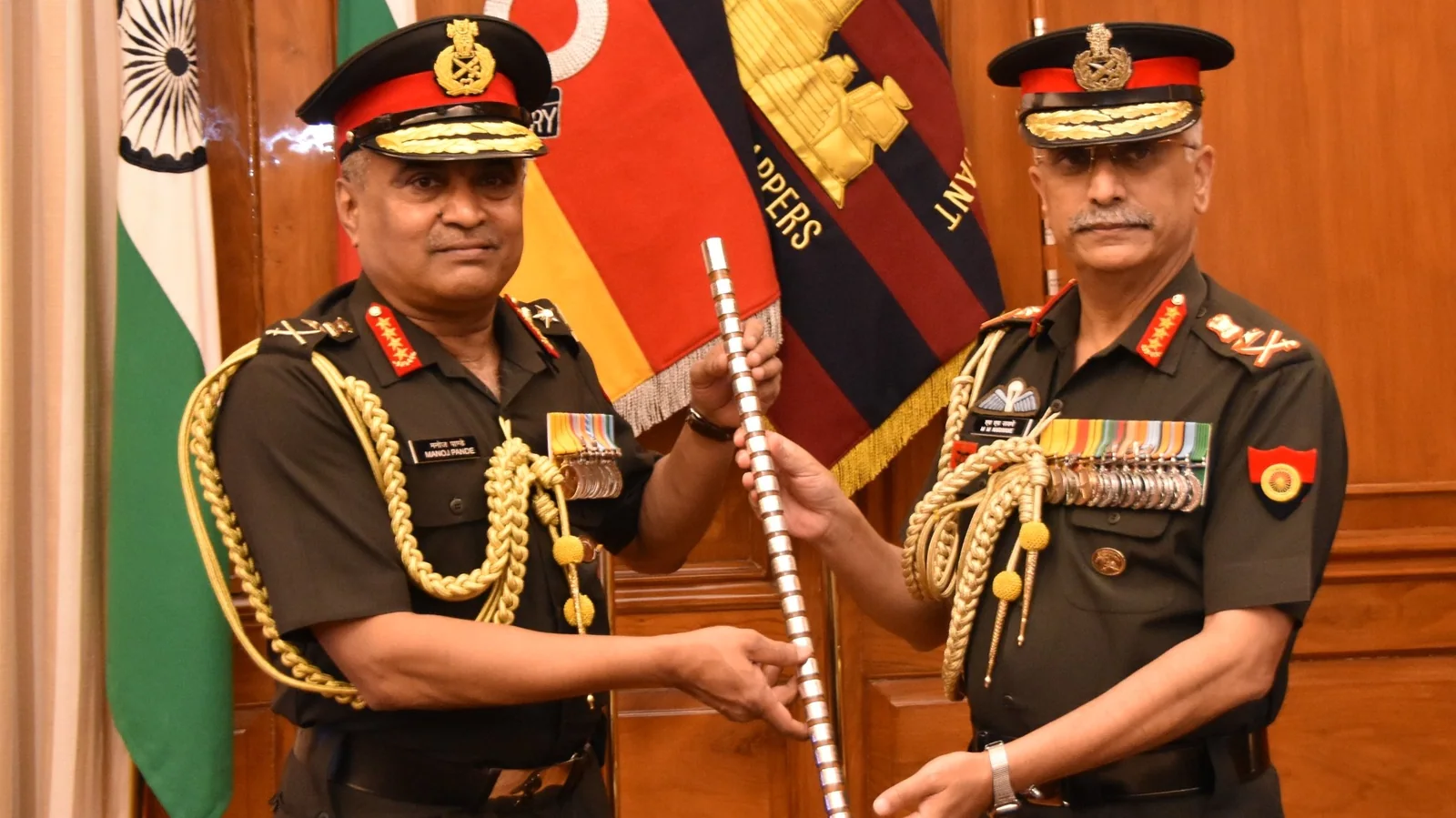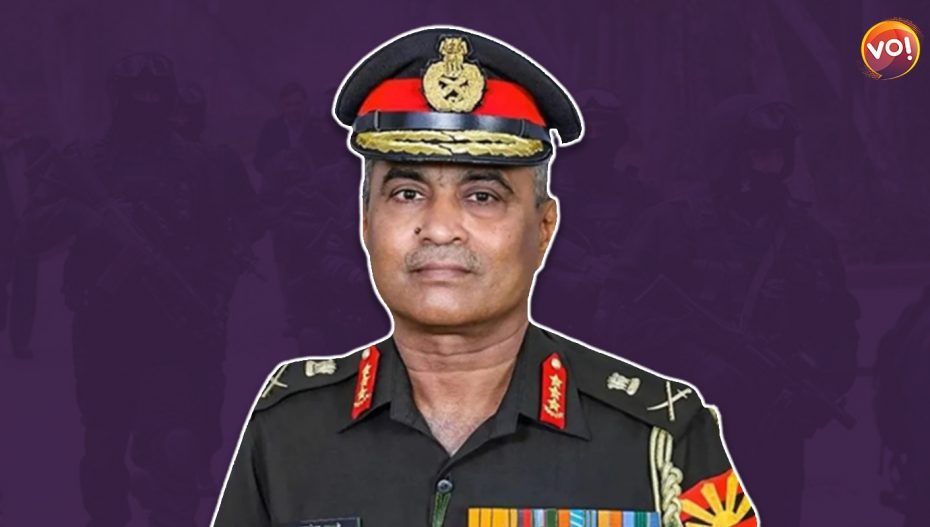General Manoj Pande on Saturday took charge as India’s new Chief of Army Staff, but military veterans and sources in the defence establishment expressed disappointment that the post of Chief of Defence Staff (CDS) continues to remain vacant. Pande succeeds General M.M. Naravane, whom many had expected to be appointed the new CDS as soon as he retired since he was the senior-most among the three service chiefs.
Pande is the 29th Army chief, and is the first officer from the Corps of Engineers to helm the force. Before assuming office as Army vice-chief on February 1, he headed the Eastern Command, one of its tasks being to guard the Line of Actual Control in Sikkim and Arunachal Pradesh.

Defence Ministry sources said having a CDS — a post vacant for four months — was crucial at a time when India faced security threats along its northern (China) and western (Pakistan) frontiers.
“The biggest threat now is the possibility of a two-front war. It’s still not clear, though, when the government might appoint a CDS,” a defence ministry official said.
The country’s first CDS, General Bipin Rawat, died in a chopper crash last December. The CDS functions as principal military adviser to the Prime Minister and the defence minister on matters including the nuclear command. Rawat also led the “theaterisation” drive, aimed at achieving synergy among the tri-services chiefs to deal with security challenges and future wars.
At present, India’s armed forces have 17 service commands, each assigned exclusively to one of the three forces. The Army and the Air Force have seven commands each while the Navy has three.
India’s Army has four commands on the China frontier — northern, western (which mainly looks after the Pakistan front), central and eastern. The IAF has three commands on the China frontier.













